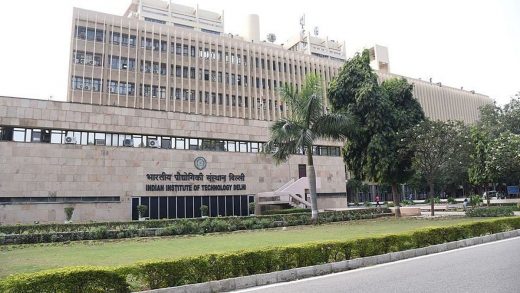
Bharti Airtel is re-farming the mid-band spectrum of its existing bands, the company announced on Monday. It aims to accommodate the growing need for traffic demand for its 5G network with this move. Consequently, four bands across its mid-band spectrum will be repurposed to support newer technologies catering to the 5G services offered by Airtel. This move comes days after the company, along with Nokia, announced the completion of the 5G non-standalone (NSA) Cloud RAN trial in India.
Airtel 5G Network Expansion
In a press release, Airtel revealed that its re-farming initiative includes the expansion of 5G services on its 1800, 2100, and 2300 MHz bands. Notably, these bands were previously used for 4G network coverage. Following this move, the company promises faster browsing speeds and improved network coverage indoors to users, with an ever-increasing demand for data.
Notably, re-farming is a process which is used to repurpose or reallocate existing network bands to support newer technologies. Telecommunications companies can identify which network spectrums are underutilised or not being used at all and then introduce a process for their transition. Users can then be switched to these bands, while the company keeps on optimising it for data speeds and efficiency.
Randeep Sekhon, Chief Technical Officer at Bharti Airtel said, “As more customers pivot to our 5G services, we have re-farmed our mid band spectrum which was being used for 4G services.”
Airtel says it has successfully conducted a pilot for standalone (SA) and non-standalone (NSA) network switches in Rewari, Chennai and Bhubaneswar. While SA 5G networks operate independently of 4G networks, NSA involves the deployment of 5G infrastructure over the existing 4G coverage.
This is claimed to enable the company to introduce new services and solutions through open APIs and service-based architecture. As per the company, smartphone OEMs (original equipment manufacturers) can implement the use of both SA and NSA modes, depending on the availability and network speeds.
Furthermore, Airtel says OEMs can also take advantage of carrier aggregation functionality which combines multiple bands to achieve higher data speeds and better coverage.


